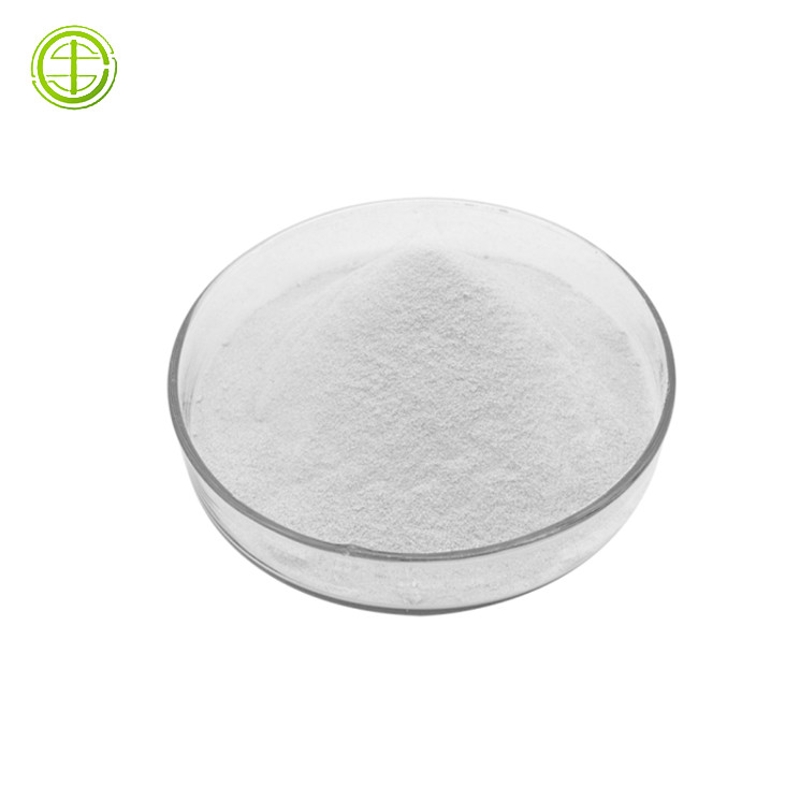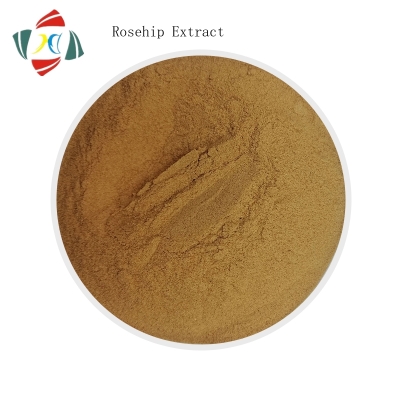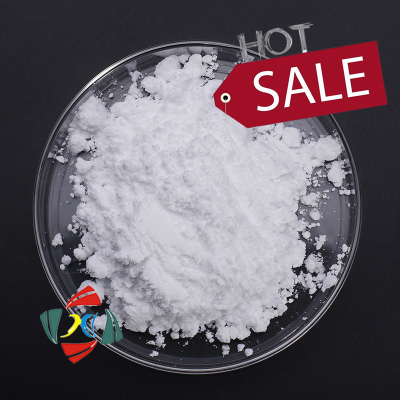Science: The characteristics of patients with severe COVID-19 were found to be --- lack of type I interferon response and increased inflammation.
-
Last Update: 2020-07-29
-
Source: Internet
-
Author: User
Search more information of high quality chemicals, good prices and reliable suppliers, visit
www.echemi.com
17(2020 /--- In a new study, researchers from France identified what they believe is typical of patients with severe COVID-19The findings were published online July 13, 2020 in the journal Science, with the title "Ithered type I interferon activity y rhywefy responses in severe COVID-19 patients"In the paper, they describe their study of 50 PATIENTs in France with COVID-19 and what they learned from itPhoto from Science, 2020, doi: 10.1126/science.abc6027The global COVID-19 pandemic has prompted medical scientists around the world to study the SARS-CoV-2 virus and its associated infectionsOne characteristic of this type of infection is the varying degrees of symptoms: some people have no symptoms, while others find themselves unable to breatheScientists hope that if a different response to infection can be found, there may soon be a way to treat severely infected peopleIn the new study, the researchers looked at 50 patients with varying symptoms in French hospitals--- from those with mild coughs to those who used ventilatorsTheir goal is to find common factors in patients with severe symptomsWhen analyzing blood, tissue, immune cells and other samples in these patients, the researchers found characteristics that they believed to be severely infected--- a combination of a lack of interferon response and increased inflammationThey believe this trait may be a sign of severe COVID-19 patientsThe researchers believe their findings could lead to new treatments to improve interferon response to infection while also reducing inflammationMore specifically, the researchers found that in patients with severe COVID-19, type I interferon-- a protein used by the immune system to fight infection, was inadequateIn addition, the level of the pro-inflammatory signal is higher than normalTogether, these two reactions leave the patient with little means to fight the infectionThe study builds on two previous studies by other researchers--- found that interferon signals in infected areas may play a role in alleviating disease progression---Such studies show that the duration, timing and location of interferon exposure to the virus are key factors in the degree of current success of treatment (Bioon.com) References: 1.J?r'me Hadjadj et al Impaired type I interferon activity y rhywbet simricomad in severe COVID-19 patients Science, 2020, doi: 10.1126/science.abc6027.2 Hallmark of severe COVID-19 patients.
This article is an English version of an article which is originally in the Chinese language on echemi.com and is provided for information purposes only.
This website makes no representation or warranty of any kind, either expressed or implied, as to the accuracy, completeness ownership or reliability of
the article or any translations thereof. If you have any concerns or complaints relating to the article, please send an email, providing a detailed
description of the concern or complaint, to
service@echemi.com. A staff member will contact you within 5 working days. Once verified, infringing content
will be removed immediately.







